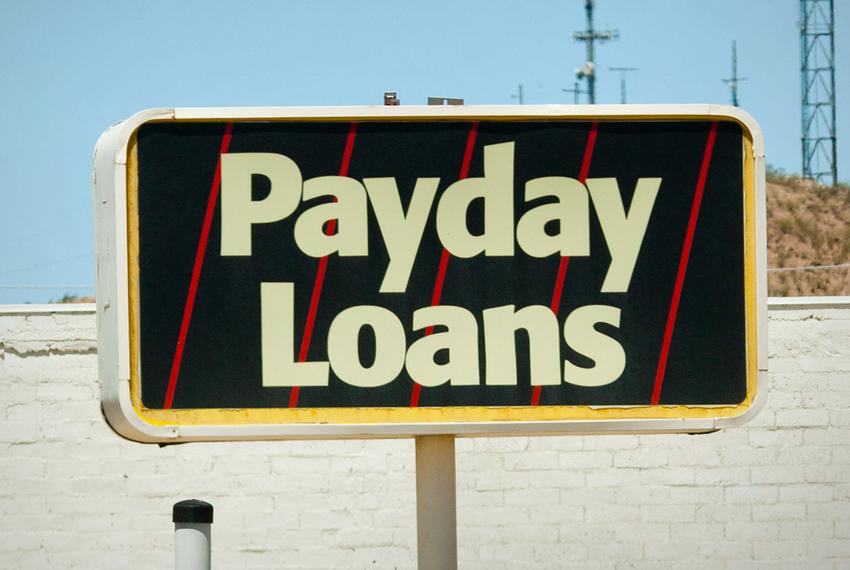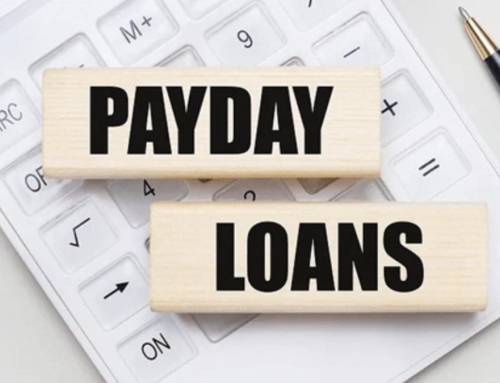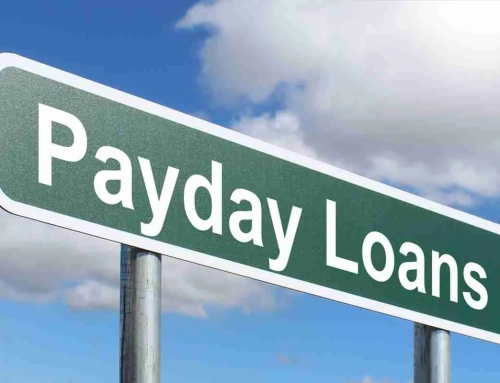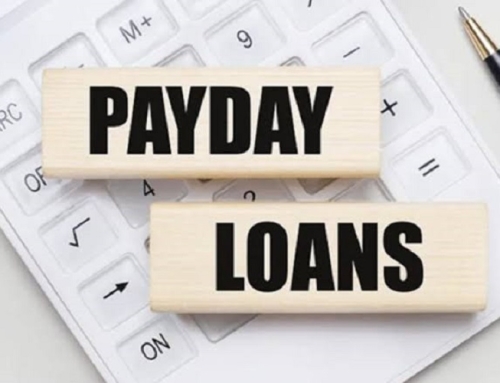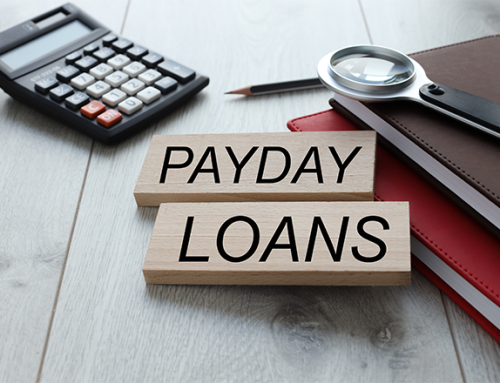In Singapore, a payday loan can be a helpful solution for anyone facing unexpected expenses before their next paycheck arrives. They offer quick cash with fast approvals and simple requirements, making them an attractive option for those in need of immediate funds. However, it’s important to be aware that this convenience can come with some high costs. Payday loans often have steep fees and interest rates, which can lead to a debt cycle if they aren’t paid off quickly. Keeping these risks in mind is key before deciding to use these short-term solutions.
What Are Payday Loan?
A payday loan is a quick way to get some fast cash when you need it most! If you’re in Singapore and facing urgent expenses before your next payday, this short-term financial solution can really help. Many folks turn to payday loans for emergencies or to cover daily needs, making it a handy option when you need a little extra support.
- Definition and Purpose: A payday loan is a short-term borrowing option that must be fully repaid by the time the borrower receives their next paycheck. It is intended to bridge temporary financial gaps between paychecks.
- Typical Loan Amounts Based on Monthly Income: The amount offered through a payday loan usually depends on the borrower’s monthly salary. Lenders often cap the loan at a certain percentage of income to reduce default risk.
- Quick Approval and Minimal Credit Checks: A payday loan is known for its fast approval process, often within the same day. Most lenders require minimal documentation and do not rely heavily on credit checks.
Payday Loan Fees and Interest Rates
When applying for payday loans, it’s a good idea to take some time to understand the fees and interest rates that come with them. These loans can provide you with quick access to cash when needed, but it’s helpful to keep in mind that the total cost may end up being higher than you initially thought.
- Interest Rates Capped at 4% Per Month by Law: In Singapore, the maximum interest rate for a payday loan is capped at 4% per month by law. Despite the cap, this rate is still high when compared to most traditional bank loans.
- Additional Fees: A payday loan may include extra charges such as late repayment fees of up to $60 per month and processing fees of up to 10% of the loan principal. These added costs can significantly increase your repayment amount.
- Importance of Understanding Disclosed Fees Upfront: Before entering into a payday loan, you should carefully review all disclosed fees. Understanding the full cost in advance helps prevent financial surprises and poor borrowing decisions.
The Hidden Dangers of the Payday Loan Cycle
Borrowing payday loans might feel like a quick fix for short-term financial stress, but it can sometimes lead to bigger debt challenges down the road. With a little careful planning, borrowers can avoid pitfalls and manage their repayments more easily, steering clear of the cycle of borrowing just to keep up.
- Short Repayment Period: Payday loans usually require full repayment by the next paycheck, which can be just a few weeks away. This limited time frame can leave borrowers unprepared to repay the entire loan.
- Rollover or Extension Fees Add Up: When borrowers cannot repay a payday loan on time, they may choose to extend or roll it over. Each extension adds new fees, making the loan more expensive and harder to pay off.
- Unpaid Fees and Interest Increase Total Repayment: If a borrower takes a $500 payday loan and rolls it over multiple times, fees and interest can quickly add up to double or more the original amount. This scenario shows how quickly the cost can grow when repayments are delayed.
Impact On Financial Health
While payday loans can be a quick fix for an unexpected expense, it’s important to think about the long-term effects. If you don’t plan carefully, these short-term loans could impact your credit score, borrowing ability, and overall financial well-being. It’s always a good idea to explore all your options before making a decision.
- Negative Effects on Credit Scores: Failing to repay a payday loan on time can hurt your credit score. Repeated borrowing also signals financial instability, which may impact future loan approvals.
- Difficulty Accessing Affordable Credit in the Future: If you always rely on payday loans, it can make it harder to qualify for affordable credit down the line. Lenders may see repeated short-term borrowing as a red flag.
- Average Debt Burdens and Repayment Timelines: Some borrowers in Singapore take years to repay accumulated payday loan debt. In extreme cases, it can take up to 10 years to clear large amounts owed.
Responsible Payday Loan Borrowing and Alternatives
Not every financial emergency calls for a payday loan, but sometimes, it might be a last resort. By learning how to use it wisely and exploring better alternatives, you can keep your finances in check and stay in control. Remember, you’ve got options!
- When Payday Loans Might be Appropriate: Payday loans may be suitable for covering urgent, unavoidable expenses such as medical bills or emergency repairs. It should only be used when no other safer options are available.
- Tips for Avoiding Debt Traps: Before taking a payday loan, compare lenders, read the terms carefully, and plan how you will repay it. Stay informed to prevent falling into repeated borrowing.
- Explore Alternatives: Instead of relying on a payday loan, consider personal loans with lower interest, financial assistance programs, or budgeting tools. These options can provide more sustainable solutions for financial needs.
Using a payday loan responsibly means being aware of the risks and making sure you really need it before borrowing. Taking some time to explore safer alternatives can help you handle your finances better and steer clear of long-term debt. It’s all about making informed choices that work for you!
Conclusion
Payday loans can be a helpful option when you need quick cash in an emergency, but it’s important to keep in mind that they often come with high fees and short repayment terms, which can make them quite costly. If you’re not careful, they can lead to long-term debt and added financial stress.
To steer clear of these pitfalls, it’s a great idea to focus on improving your financial knowledge and being mindful about borrowing. Always explore other options first, and consider using a payday loan only when it’s truly necessary. Hup Hoe Credit is here to help you make informed borrowing decisions!
FAQs
1. What is a payday loan, and how does it work?
A payday loan is a short-term loan meant to cover urgent expenses until your next paycheck. You borrow a small amount of money and repay it in full, along with fees and interest, usually within a few weeks.
2. Are payday loan interest rates high in Singapore?
Yes, in Singapore, payday loan interest rates are capped at 4% per month by law. While this rate may seem low, it is still higher than the rates offered by most traditional bank loans.
3. When should I consider taking a payday loan?
Payday loans should only be considered for urgent, unavoidable expenses when no other affordable options are available. It is important to have a clear repayment plan to avoid falling into a cycle of debt.

